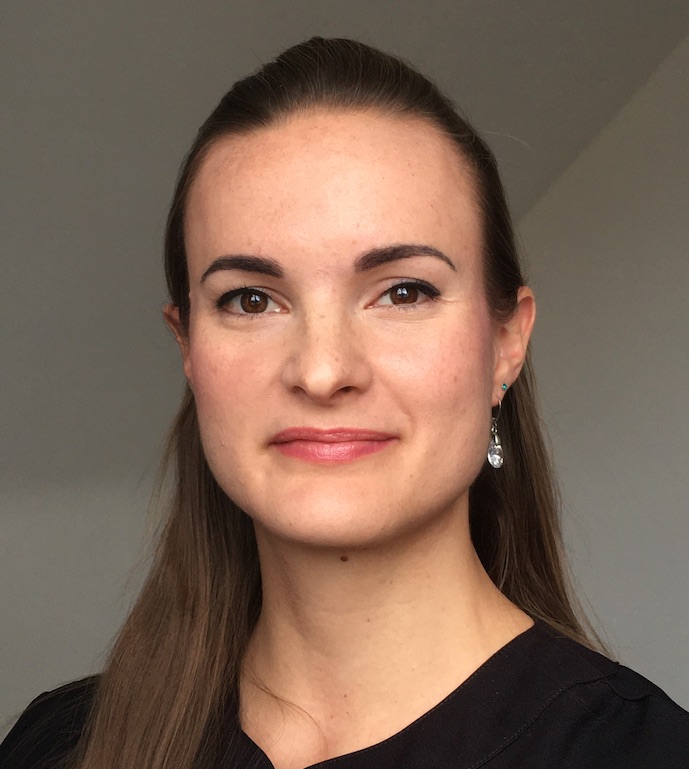Beauty therapists: how to cope when a long-standing client dies

As beauty therapists, not only do we perform treatments for clients that make them feel good but we’re also in a privileged position where they share their lives with us – their hopes, frustrations and fears, as well as photos of holidays, parties, weddings, pregnancies and more.
In many ways, beauty therapists are sounding boards for people who are going through tough times. We’re the companions for those who are lonely, cheerleaders for those deciding to start up their own businesses, and a sanctuary for tired mums who just need a break.
As a result, I sometimes find it hard to stay emotionally separate from my clients, especially the ones who have been coming to me for years. My original beauty training never taught me about the bonds you make with clients and maybe it’s unprofessional to get so attached, but I just can't help it. I really care about them.
So, when one of my longest-standing clients who I’d known for 13 years passed away recently I found it as painful as losing one of my own family members. I cried and grieved, and as much as my friends and family felt sad for me, many of them didn’t truly understand why it was so painful for me.
Remembering my client, I think about all the stories she shared with me over the years about her life, and like pieces of a quilt, I knit them together in my mind. My husband and I were even invited to her 90th birthday party last year, where I got to meet several of her family members I had heard so much about.
However, if I were to attend the funeral, I’m sure there would be some raised eyebrows from people once they discovered I was just “the beauty therapist”. To some people, it seems like such a trivial thing to be the person who paints that person’s nails or waxes their legs, but our relationship was so much more than that.
So, what is the right thing to do in this situation? Is it crossing a professional line as a beauty therapist to attend a client’s funeral? Would I be harshly judged for being too involved in her life? I had no idea what the acceptable thing to do was.
What to do if you’re in a similar situation
My advice to any beauty therapists in the same position would be to think about your relationship with that client. Did you feel it was more than just a client-therapist relationship? For example, did they ever invite you to any life events (birthdays, weddings, etc) or just tell you about it?
Then, think about what your reasons are for wanting to attend the funeral. Is it because you are genuinely grieving for that person or is it because you feel a sense of obligation because they were your client? My best advice is to speak to the family members and gauge their reaction on whether you should attend.
For most people, if they don’t feel it’s appropriate for you to attend then they won’t give you details about the funeral (unless perhaps you specifically ask). However, if they offer it freely then I believe they are showing that they are happy for you to join them in saying goodbye.
Finally, if you do go to the funeral, try to be vague in conversations about what/who you know from things your client has told you. As tempting as it may be to chat away to people you now feel like you know, it could be unnerving for them to discover a complete stranger knows so much about their lives.
Let them lead the conversation and take quiet comfort in knowing that the version of your client that you knew is completely unique to you.
Industry bodies need to provide therapists with more emotional support
In the end, I decided to go to my client’s funeral service but due to Covid-19 restrictions limiting numbers to 30 I was unable to attend. Instead, the family sent a link to watch the funeral live and it was a way for me to feel a little closure.
I do, however, wish there was more help and advice out there for our industry for this type of thing. We’re taught to stay professional and impartial at all times, but we’re human and sometimes cannot help being drawn in. Then, when tragedy strikes, we’re left in a situation that we have no training to know how to deal with such a loss.
Despite this challenge, I feel it is an absolute honour and a privilege to be allowed into even a small part of my clients’ lives – past, present and future.

Iona Relf is a qualified beauty therapist with 15 years industry experience and owner of Salon U.
What are yout thoughts on this issue? Comment below.


